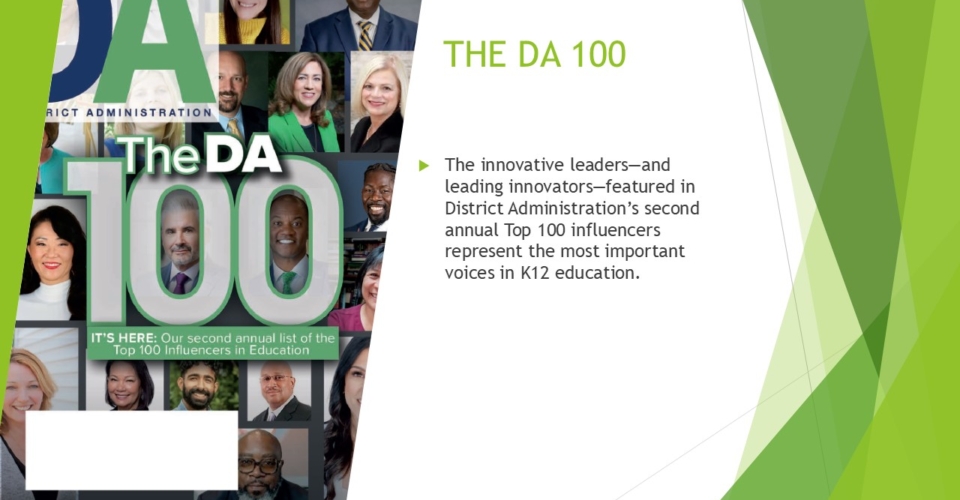With school board elections on the horizon, Superintendent Shaun V. Carey has been navigating some philosophical divides in the Enumclaw School District south of Seattle. So, he’s doing just what he’s done in past elections: Reaching out to the candidates running to begin building the relationships that will be key to smooth and productive K12 governance.

“One the first things you need to do is reach out to them and let them know, ‘I’d love to learn a little bit more about you. I’d like to hear your story,” says Carey, who was recently recognized as an NSPRA Superintendent to Watch for his communications efforts. “Most people really don’t have a problem with talking about themselves, and I think it’s a great entry point, just understanding where people are coming from and where their thoughts and ideas come from.”
For his part, he tries to give them a better understanding of what a school board member’s job entails and the scope of the work. “There’s a misleading narrative out there about role and responsibility,” Carey adds. “They’re not expected to do all things.”
Superintendent Brian Nichols also invites each candidate to spend some time with him—and most of them, but not all, take him up on the offer. While he says he is grateful that politics “are not are not a part of what they do,” all five seats on his board are currently up for election.
The key to a productive candidate meeting, he adds, is focusing on district strengths and issues that will unite the community, whether the candidate is already serving or is not yet on the board. “We just have casual conversations about their hopes and dreams and my hopes and dreams,” says Nicholas, who leads New Kent County Public Schools in Virginia. “To a person, we’re able to find something that makes us say, ‘Yeah, we can do that. That is a great opportunity for kids.'”
Still, Nicholas pays close attention to each campaign and will provide factual information if there are candidates making inaccurate or baseless claims about the district.
When school board elections are over
A mistake many districts and superintendents make—after the votes are counted—is not putting newly-elected board members through an onboarding process, say Ethan Ashley and Carrie Douglass, the co-CEOs and founders of School Board Partners, which offers training in anti-racist leadership and diversity.
Leadership shifts: Turnover at the top continues to churn coast to coast
“That power dynamic plays an important role in how relations should be built,” says Ashley, a member of the Orleans Parish School Board in Louisiana. “It allows for a level-setting, and it’s about knowing that disagreement in itself is not what your relationships are built on. They’re built on mutual understanding of why the board members are in the role, the impact they’re trying to make and the legacy they want to leave.”
Onboarding should cover concepts like mission statements or social contracts in which superintendents and board members set goals that will be aligned with the superintendent’s evaluation. These documents can also establish a roadmap for dealing with disagreements, adds Douglass, a former teacher and charter administrator who is now board chair at Bend-La Pine Schools in Oregon.
Another common mistake is made when superintendents feel they have to “manage their board” or “keep them in line,” Douglas cautions. “We think that can backfire … if a superintendent comes in trying to minimize (board members) power rather than digging in and building relationships and learning what each person brings,” she concludes. “These folks, they ran for a reason and were elected for a reason.”
District Administration’s Get on Board series allows superintendents and other experts to share ideas for creating and maintaining productive relationships with school board members.



